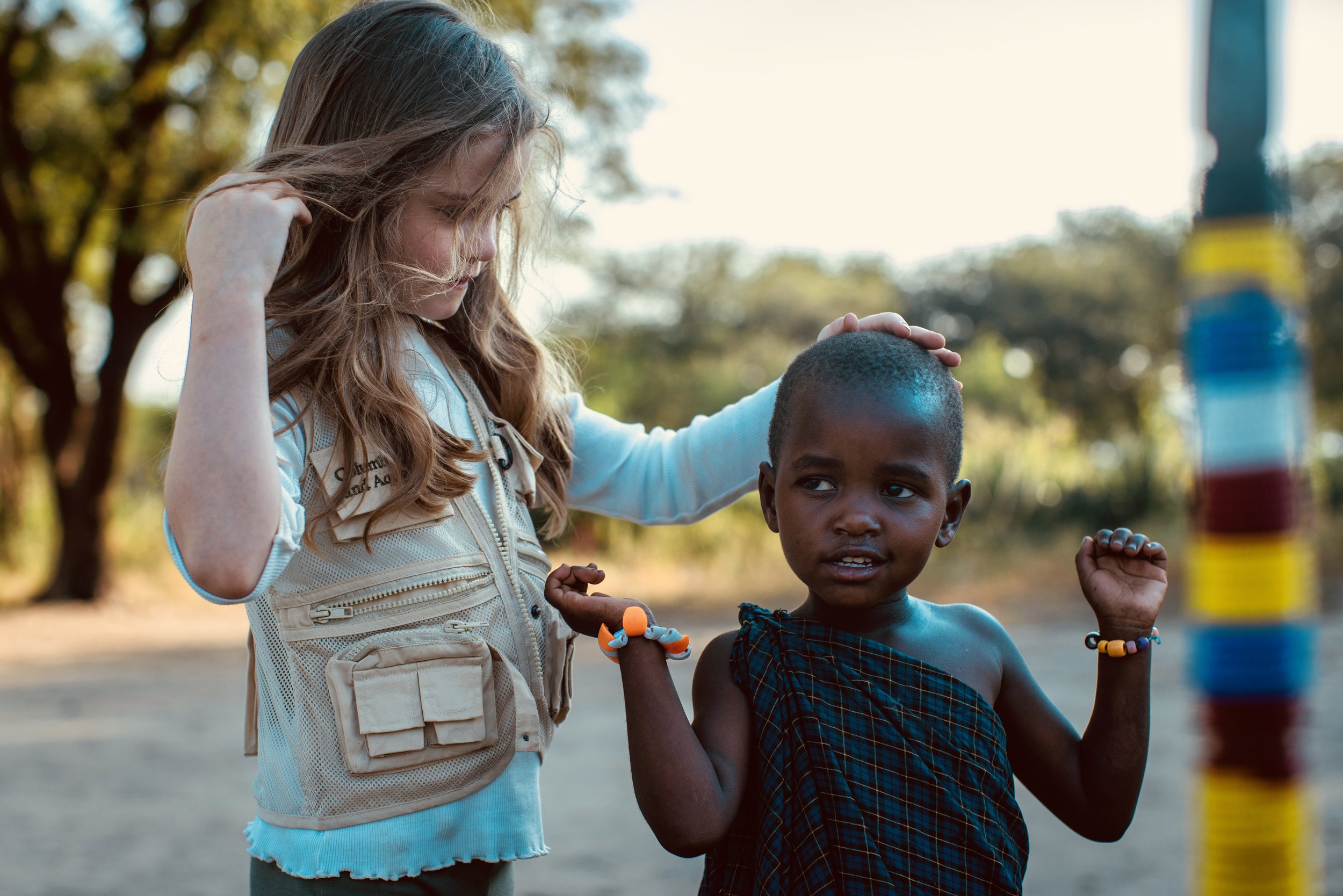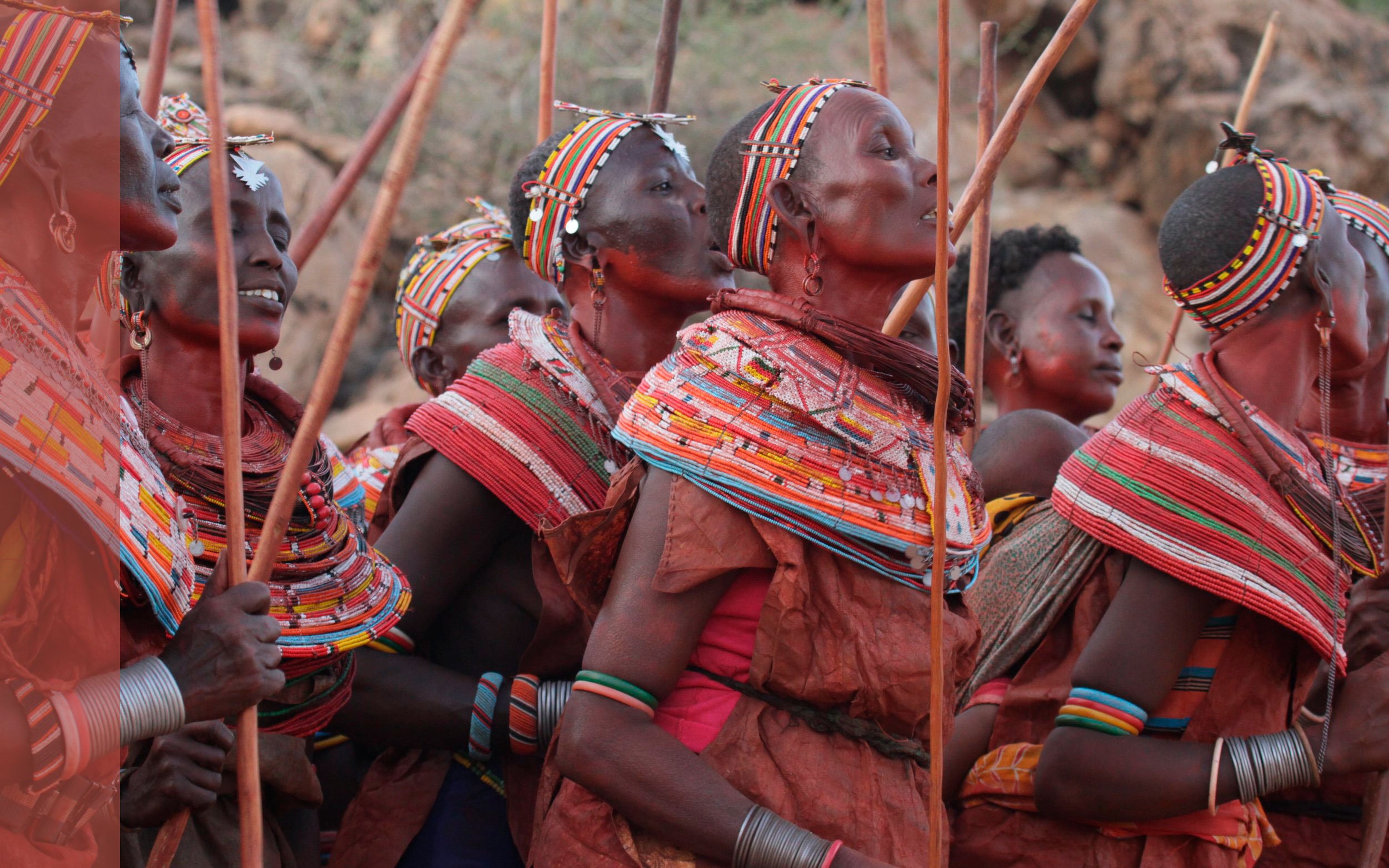
Conservation and Community
AUTHENTICITY & RESPECT FOR WILDLIFE AND PEOPLE
A Safari
The “luxury” experience in Africa has shifted to encompass this new definition of safari. First time and seasoned safari-goers are interested in a more holistic experience. Of course the fabulous game viewing is not to be overlooked, but the opportunities to participate in conservation efforts and meet with world-renowned scientists is oftentimes the most memorable experience for people on safari. For example, Wildscapes makes it possible for children and adults to spend an exciting day with Samburu warriors, learning about the skills they need to succeed: spear throwing, jumping, tracking, building fires without matches, identifying health enhancing plants, etc.
THAT IS MAKING A DIFFERENCE.
“In Africa there is a concept known as ubuntu - the profound sense that we are human only through the humanity of others; that if we are to accomplish anything in this world, it will in equal measure be due to the work and achievements of others.”
- Nelson Mandela
Every single person who visits Africa through us is making a difference. On the smallest level, your presence in a park through going on game drives and safari walks, is a deterrent to poachers. Inevitably your park fees go towards essential reserve maintenance, anti-poaching and waterhole maintenance. For the companies operating on a higher level, your contribution goes much further and often includes research funding, and a community engagement, education, and employment program. Without these programs the communities living alongside parks and reserves would see no value in the park, and would only seek to hunt out animals for protein.
"The communities that live alongside the world's parks and reserves now hold the key to the survival of our wilderness areas and to its wildlife - they will need to 'own' the wildlife through being integrally part of, and at the heart of an inclusive safari tourism industry; if not, these communities will own the wildlife in their cooking pots. Conservation tourism is a route to developing a thriving wildlife tourism industry in partnership with local communities, so that these communities start to see wildlife as their asset and not a menu item - these communities, in turn, become the best conservators."
Safari travel will play an even bigger role in this relationship in the future. The only way that wildlife and wild places will be preserved is through expanding areas under formal protection and these need to be funded by successful, inclusive tourism initiatives.







